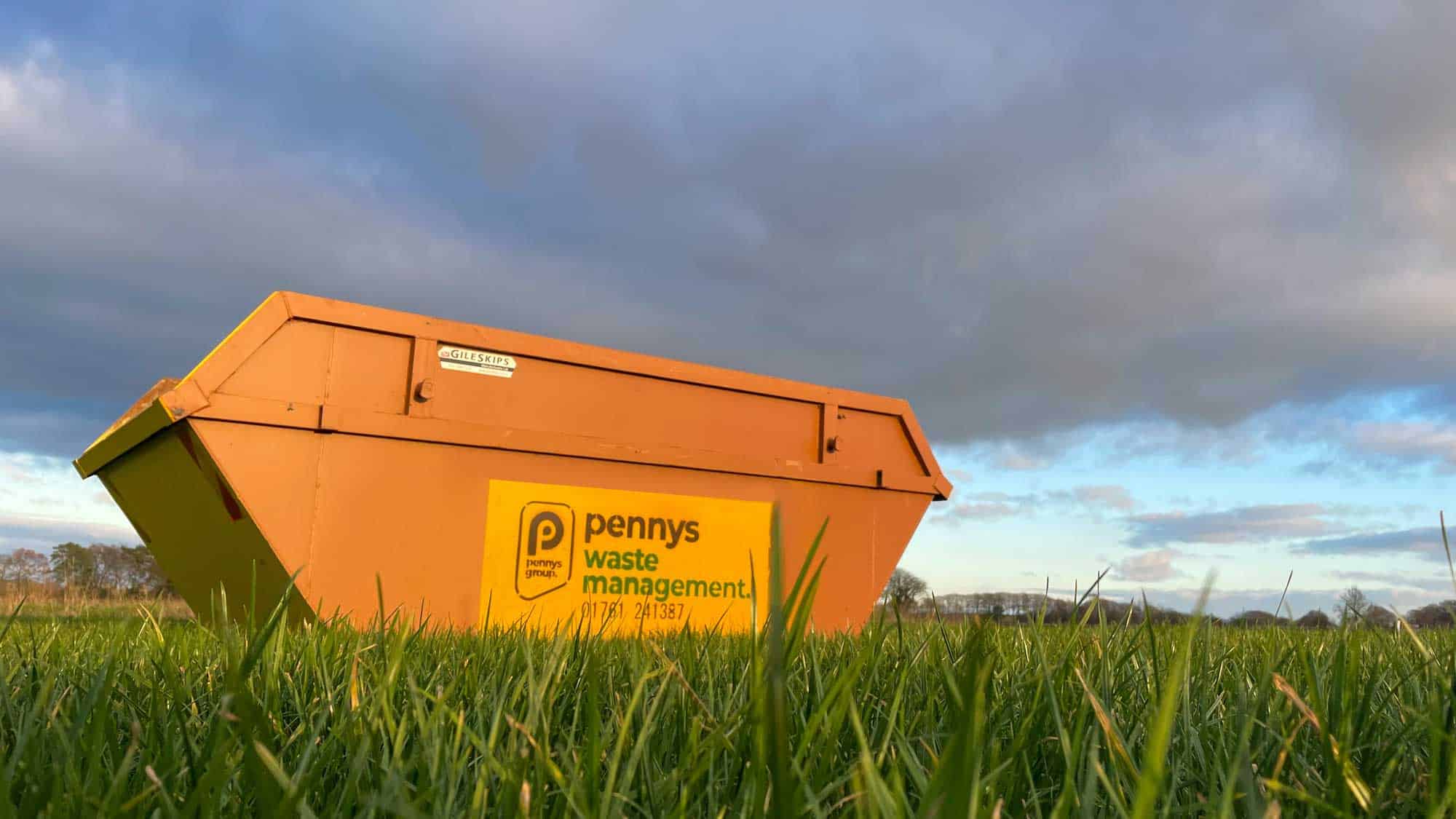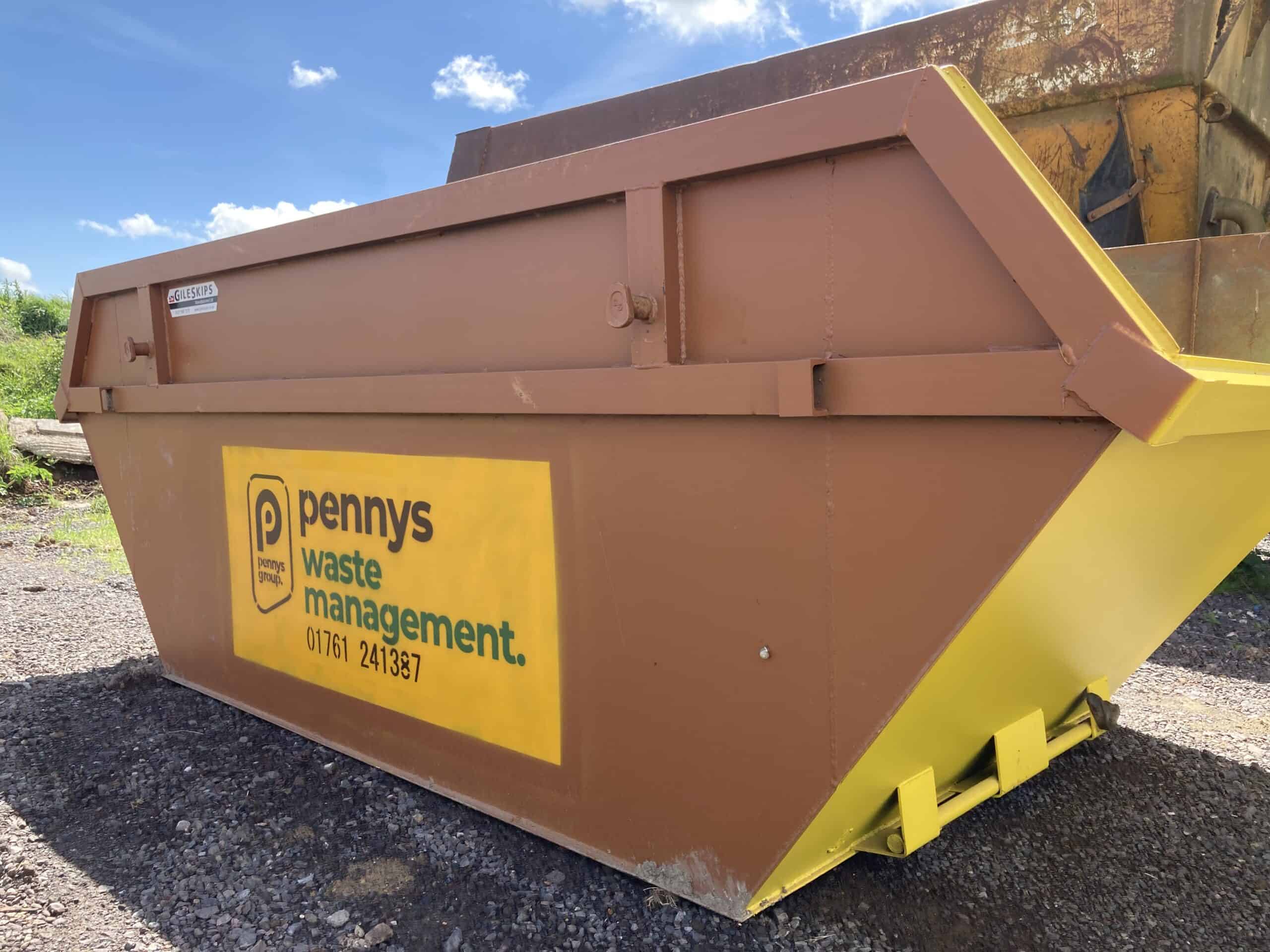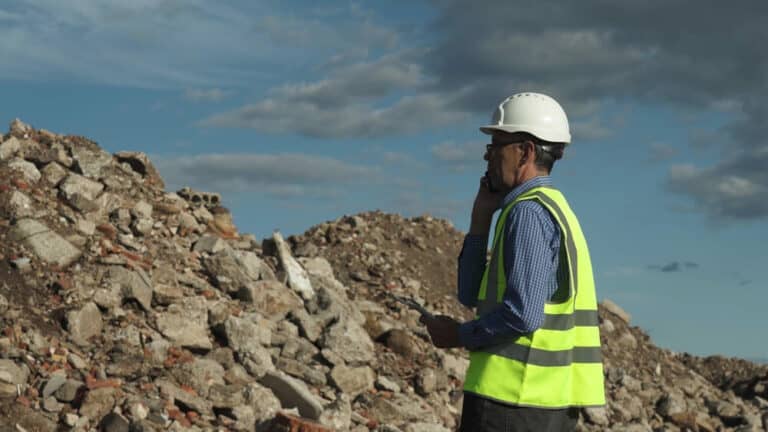Have you ever considered why soil is needed? At first, that may seem a ridiculous question, isn’t soil just ‘there’? Perhaps there is no reason! But like anything that is part of the organic world, there are plenty of reasons why soil is ever-present where we see life, and why it’s crucial in multiple ways. From growing potatoes to creating a beautiful welcoming area for a new building, the soil is vital.
Consider the brown dirt as a home, and within topsoil, there is a home for billions of bacteria, nutrients and more that helps life grow. But what is actually living in your soil? In this article, we will place a magnifying glass (quite literally!) on the world hidden from our eyes and in every bag of quality soil and compost you’ve ever seen.
The Biology Of Your Soil
In the simplest form there are five elements that make up high-quality soil. The balance and finer details of these elements create multiple types of soil that are designed for different applications. Grass needs a different combination of these five compared to what an orchid would need for example.
The four elements that makeup soil are:
Minerals
Much like humans, plants require a range of minerals to be ingested to be at their healthiest. While there can be a range of minerals present in a range of soils, the primary four are:
Calcium
Consider this as the precursor to allow your plants to absorb other minerals and nutrients. You will often find calcium is present at an extremely high rate in good topsoils, acting as the messenger to pass on other essential elements to the plant. Calcium plays another key role in that it makes up cell walls and encourages growth and strength at the micro-level.
Phosphorus
As a general rule, an increased amount of phosphorus produces a higher yield from plants such as fruit and vegetables. It’s essentially one of the rawest forms of energy available to them, and the more that plants are able to absorb the higher rate they will grow and the longer their energy cycles will become.
Magnesium
Magnesium assists with increasing the rate of absorption from water within the soil, allowing the plant to take the necessary amount to achieve maximum growth. Oversaturation of magnesium however can hinder the presence of the other key minerals.
Boron
Boron helps plants transport sugars, so without its presence, they may struggle to move the essential energy into the correct places to ensure the right areas can develop. Boron deficiency is tricky to rectify as third party means are not easily applied once you’ve used your soil. In this case, you are likely better off starting over with Boron enriched soil instead.
Organic Matter
There are three categories of organic matter that are present in most soils. The fresh matter is that which has been recently added, such as leaves, while this doesn’t add much value to the soil in its present format over time it will move into the second stage of matter. This is dead or decomposing stage, where the nutrients present then start to be passed to the soil.
Finally there are the living or stable organisms. These range from the visible, like earthworms, to those that you can only view with a microscope. Bacteria play a crucial role in breaking down matter and also in the production of essential minerals found in your soil.
Gas
Soil may seem fairly packed, but in the pockets of space between the matter sits gases that are crucial to its nutritional value. Primarily this is oxygen, which speeds up the decomposition of organic matter and allows minerals to keep their maximum value.
Within soil there’s also the same gases in our atmosphere that add less to the overall picture, such as nitrogen and hydrogen.
Water
Finally, water is always present in any soil that is packed with nutritional value. Given the amount of rain in the UK, it’s not likely your soil will ever be wanting help in this department! That being said in the height of the summer you will want to ensure there is the correct level of moisture present.
Where possible when watering your soil use rainwater gathered in a watering can or weather butt. Rainwater contains a considerably better nutritional value and less harmful chemicals than tap water so it’s the best option when looking to enrich your soil.





